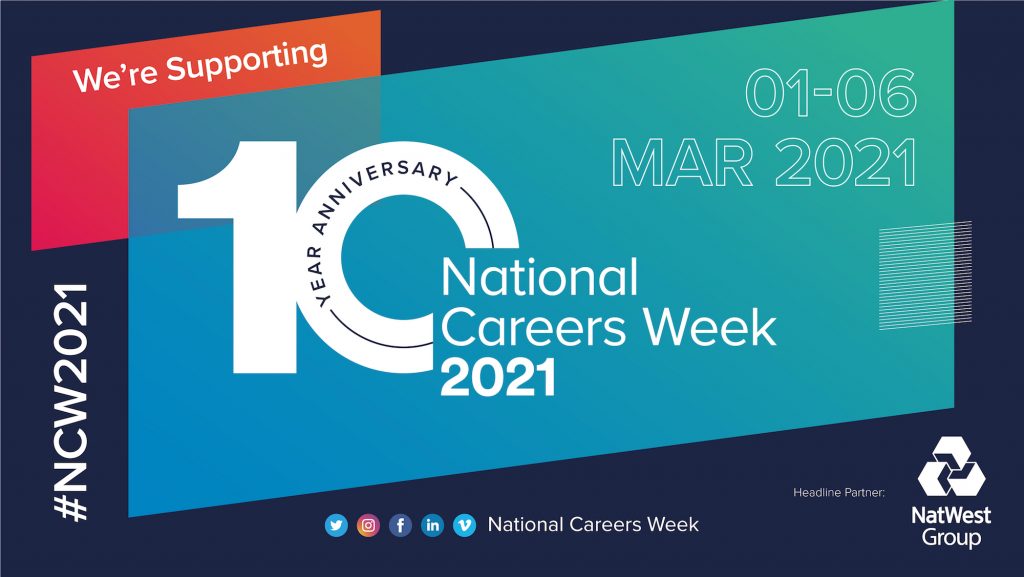I decided to do an apprenticeship because I didn't want to work in an office and I enjoyed hands on work and completing little projects. The best thing about my apprenticeship is getting stuck into tricky projects and being offered great opportunities and career development whilst getting paid. My employer really supports me and my family love that I am in an apprenticeship, they enjoy hearing stories about work. I really hope to stay with the company after my apprenticeship.- Ben Gaskell, Cammell Laird
I have family who work in engineering and have always been interested in it. I have completed my Level 3 and am now studying for my level 4 (HNC) which my family are really supportive of. Being able to learn on the job really appealed to me and I am really hoping to stay at the same company once I complete this qualification. - Ben Porter, Wabtec Faiveley
Before starting at the college, I was at sixth form. The idea of an apprenticeship appealed to me because I enjoy engineering and being on my feet. I am constantly learning new things both in college and in company and being given the opportunity to better myself with courses and jobs on site, my company really cares about my development. My friends are also in apprenticeships and they are really happy too.- Thomas McKechnie, Sime Darby Oils
My school was an Engineering-specialist school and it was a really practical subject to study. The best thing about this apprenticeship is the support from my employer - they help me in different aspects and I am hoping to move around different areas of the company. It is also great getting paid to earn a qualification. My role within the company is as an estimator so I quote enquiries and liaise with clients on a day to day basis and sometimes I am given projects to look after. - Mark Bulfield, Boulting Group
I decided to do an apprenticeship because I have always enjoyed building things and the idea of getting qualifications and work experience at the same time really appealed to me. My company is really supportive and understanding and there is really good communication. The best thing about my programme is learning how to use tools and strip and build engines and my day to day role involved stripping down engines, building engines and painting and cleaning engines. I hope to become a fully qualified engineer in the near future.- Josh Patrick, Clarke Energy
I am currently undertaking the third year of my Composite Technician apprenticeship at Teledyne CML Composites. During my apprenticeship I have worked in a number of departments, including in the Cleanrooms, on the 5-Axis machine centres, and in the Engineering & Quality departments. The best thing about the apprenticeship is being able to learn on the job with mentors to support and develop my skills professionally. I have undertaken a number of courses independently including an “APM Fundamentals” level 6 course, which should be complete by Summer 2021. I love my apprenticeship and the support I get from my company and the college has been really worthwhile. - Thomas Wakefield, Teledyne CML







